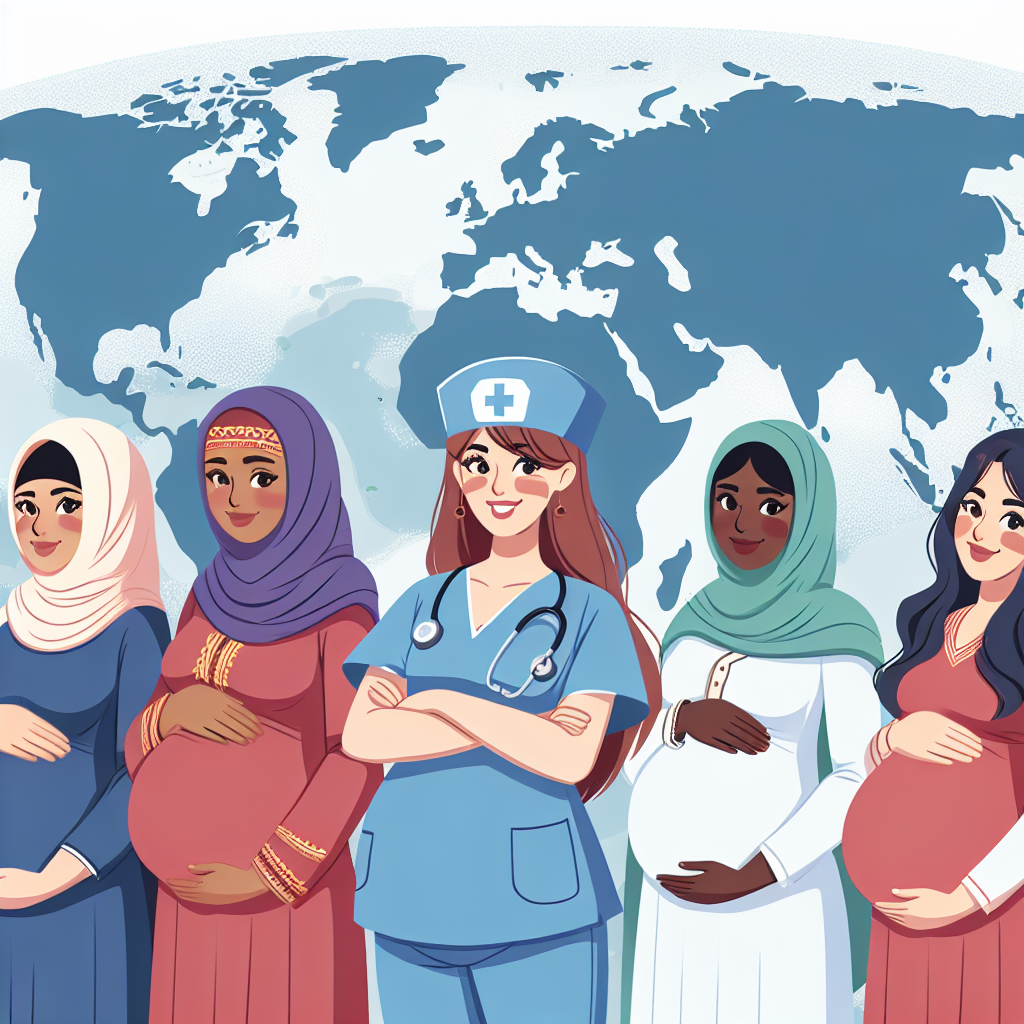
Addressing Mistreatment and Unauthorized Procedures in Maternal Care
Mistreatment in maternal care remains a pressing global health issue, as highlighted by recent findings from the World Health Organization (WHO). This report reveals a troubling prevalence of non-consensual procedures during childbirth, underscoring the need for systemic changes to ensure respectful and humane care for mothers and their newborns. This article explores the current landscape of maternal healthcare, the recent research findings, and the steps necessary to address these urgent concerns.
The Current State of Maternal Healthcare
Despite advancements in medical technology and maternal health policies, the mistreatment of women during childbirth continues to persist worldwide. Recent studies conducted across four countries found that 60% of vaginal exams were performed without patient consent, signaling a dire need for reform in maternal care practices.
Mistreatment and Its Consequences
Mistreatment in childbirth not only violates women’s rights but also impacts their mental health and wellbeing. Such experiences can lead to trauma, negatively affecting the mother-baby bond and hindering early stages of child development. Addressing this issue requires a comprehensive understanding of the underlying factors that perpetuate these practices, including cultural, institutional, and policy-driven influences.
Global Efforts and Challenges
Efforts to improve maternal care are being undertaken globally, yet significant challenges remain. In many regions, healthcare systems are limited by inadequate funding and resources, hindering their ability to provide high-quality, respectful care. Moreover, deeply ingrained cultural practices and lack of training for healthcare professionals exacerbate the issue, leading to a continuum of disrespect in medical settings.
Pathways to Improvement
Addressing this global health crisis requires a multifaceted approach:
- Enhancing Training and Education: Healthcare providers must receive comprehensive training that emphasizes patient consent, respect, and communication.
- Strengthening Regulations: Governments and health organizations should enforce stringent regulations that mandate patient consent for all medical procedures, especially during childbirth.
- Investing in Healthcare Systems: Allocating resources to improve infrastructure and access to care, particularly in under-resourced regions, can mitigate systemic inadequacies.
- Community Engagement: Initiatives that engage communities in redefining cultural norms and expectations around childbirth can foster environments that prioritize women’s dignity and autonomy.
Conclusion
The mistreatment of women during childbirth is a widespread issue that requires urgent attention from global health communities. By implementing reforms that emphasize consent, respectful care, and systematic investments, we can create environments that uphold the rights and dignity of mothers worldwide. This approach will not only improve maternal and newborn health but also contribute to broader societal progress by ensuring that women’s voices and choices are respected throughout the healthcare process.



